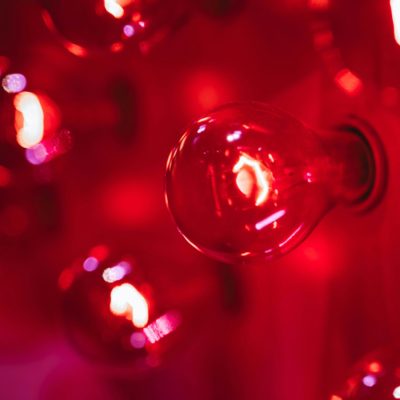On January 3, in Novartis Pharmaceuticals Corporation v. Accord Healthcare, Inc., the Federal Circuit found written description support for a negative claim limitation, even though the negative claim limitation did not have literal support in the specification. The court found that expert testimony established that a person having ordinary skill in the art (PHOSITA) would understand the specification to disclose the negative claim limitation.
Novartis’ patent claimed methods for treating relapsing remitting multiple sclerosis (RRMS) by administering fingolimod at a daily dose of 0.5 mg. The method claims included a negative limitation that administering the fingolimod at the daily dose of 0.5 mg was performed “absent an immediately preceding loading dose regimen.” A loading dose is a higher than daily dose, usually given as a first dose. The negative limitation was added during prosecution to overcome a prior art rejection.
Novartis sued Accord Healthcare and the case went to a bench trial. The district court found that an Abbreviated New Drug Application (ANDA) filed by HEC Pharm Co. and associated with Accord Healthcare, Inc., infringed the claims of the Novartis patent. The district court also found that the Novartis patent was not proved invalid for insufficient written description of the “absent an immediately preceding loading dose regimen” claim limitation.
On appeal of the written description issue, the Federal Circuit affirmed. The majority of the Federal Circuit panel noted that the written description requirement “may take any form, so long as a [PHOSITA] would read the disclosure as describing the claimed invention.” The Novartis patent describes giving patients a daily dose of 0.5 mg and that patients initially receive treatment for 2 to 6 months. The majority of the Federal Circuit panel agreed with expert testimony indicating that a PHOSITA would understand that if the treatment required a loading dose, the patent would have indicated as such. The majority also agreed with expert testimony that the use of the term “initially” in the patent illustrates that the patent is referencing Day 1 of the treatment in relation to the daily dose of 0.5 mg. Thus, the majority agreed with the district court that the “absence of an immediately preceding loading dose from the specification . . . would tell a [PHOSITA] that loading doses are excluded from the invention.”
Chief Judge Moore wrote a stinging dissent that argued “the majority dramatically expands a patentee’s ability to add . . . negative claim limitations that have zero support in the written description.” The dissent emphasized that the Federal Circuit has previously held that “[n]egative claim limitations are adequately supported when the specification describes a reason to exclude the relevant limitation, such as by listing the disadvantages of some embodiment.” The dissent asserts that the Novartis patent fails this test because the Novartis patent has no literal disclosure in the specification of not using a loading dose nor does the patent discuss advantages or disadvantages of using a loading dose. According to the dissent, the silence of the Novartis patent regarding the loading dose is unable to be overcome by expert testimony.
Patent practitioners may find this decision useful for rebutting a written description challenge to a negative claim limitation during litigation or prosecution because the decision emphasizes the relevance of expert testimony to support the understanding of a PHOSITA. The decision also underscores that a lack of literal support for a negative claim limitation may not be fatal from a written description perspective.
For more information on this holding, please contact Fitch Even partner Jonathan H. Urbanek or associate Irfan Hassam-Malani, authors of this alert.
Fitch Even IP Alert®
Jonathan H. Urbanek
Jonathan H. Urbanek has a broadly based IP law practice focused on the preparation and prosecution of patent applications in the United States and abroad. Clients trust Jon to work closely with engineering teams to identify the inventive aspects of new products and prepare patent applications that persuasively differentiate the invention from the prior art.
Tagged In: Patents


